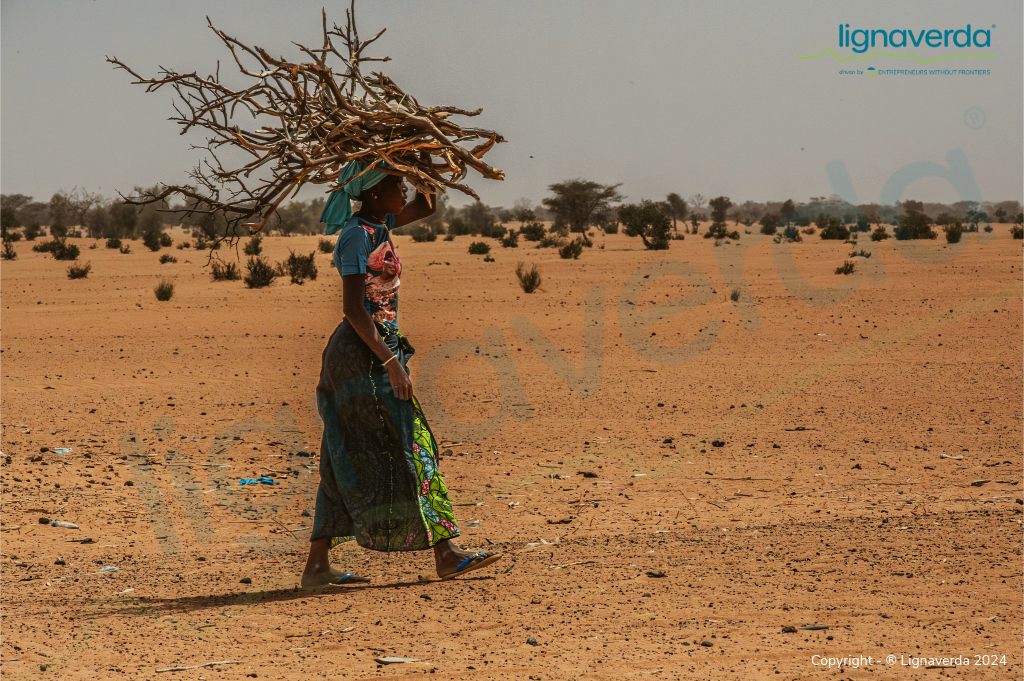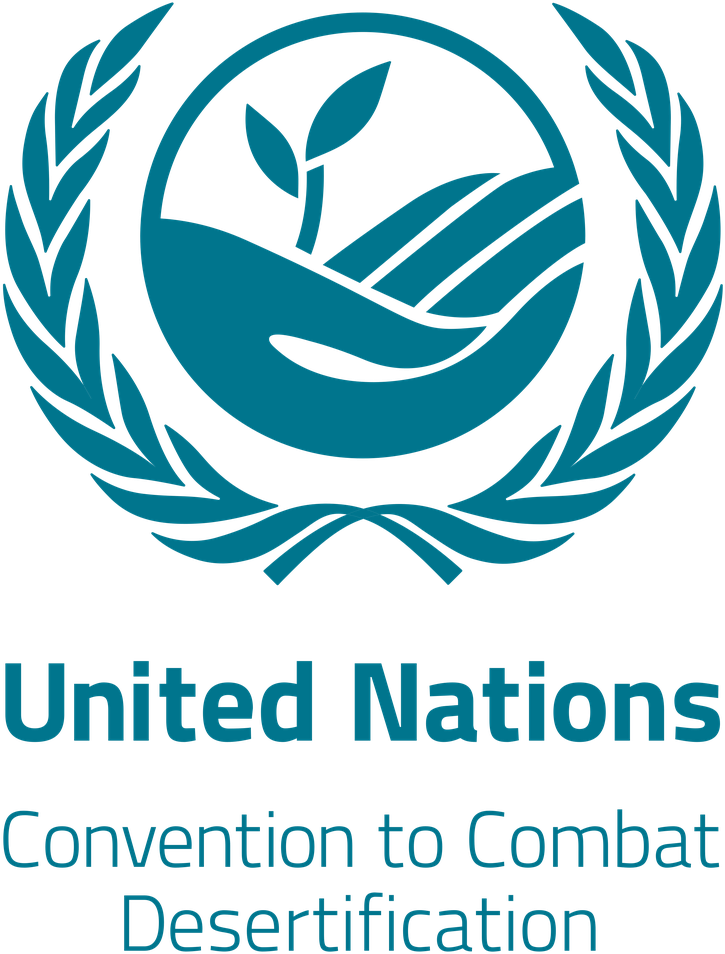As temperatures soar across the globe, the imperative to confront climate change has never been clearer. Nowhere is this urgency more palpable than in West Africa, where communities grapple with the devastating consequences of scorching heatwaves. In this article, we explore how restoring forests in West Africa can not only mitigate rising temperatures but also foster resilience in communities and ecosystems.
The recent, exceptionally early heatwave that struck Senegal in mid-February served as a stark reminder of the escalating impacts of climate change in the region. According to a study by international scientists, climate change made this extreme heatwave ten times more likely, with temperatures soaring above 40 degrees Celsius and the heat index reaching a blistering 50 degrees Celsius due to high humidity.
The onset of such intense heat early in the year caught many off guard, leaving them with less time to adapt. Limited access to essential resources like water, energy, and sanitation exacerbated the risks for vulnerable communities, particularly those living in informal housing with inadequate ventilation. From crippling agriculture to threatening public health and exacerbating water scarcity, these heatwaves exact a heavy toll on communities already vulnerable to the ravages of climate change.
The situation underscored the urgent need for proactive measures to mitigate the impacts of climate change. Reforestation efforts, such as Lignaverda’s, take on heightened importance in such circumstances. By restoring degraded land and enhancing local ecosystems, reforestation not only helps regulate temperatures but also provides cooling effects and improves water retention. In the face of increasingly frequent and severe heatwaves, initiatives like these offer hope for building resilience and protecting communities against the worsening effects of climate change.
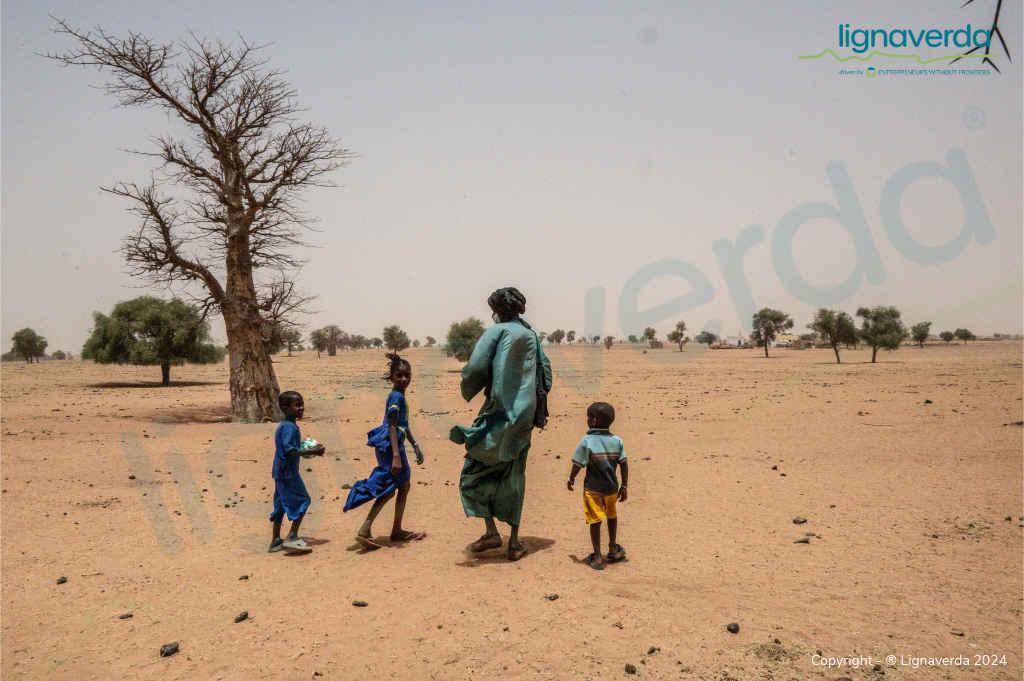
Forests as Natural Coolants
Forests, nature’s own air conditioners, play a crucial role in regulating local climates. Through processes such as evapotranspiration and shading, trees have the remarkable ability to cool down their surroundings. As moisture evaporates from leaves and soil, it creates a cooling effect, tempering the sweltering heat. The dense canopy of trees also provides shade, further mitigating the intensity of solar radiation.
Reforestation emerges as a potent strategy for combating rising temperatures in West Africa, including Senegal. Across the region, initiatives aimed at restoring degraded landscapes have demonstrated remarkable success in replenishing the once-thriving forests. These efforts not only help to cool down the local climate but also yield tangible benefits for communities and ecosystems. By restoring the green canopy, we can revitalize biodiversity, enhance soil fertility, and safeguard vital water resources.
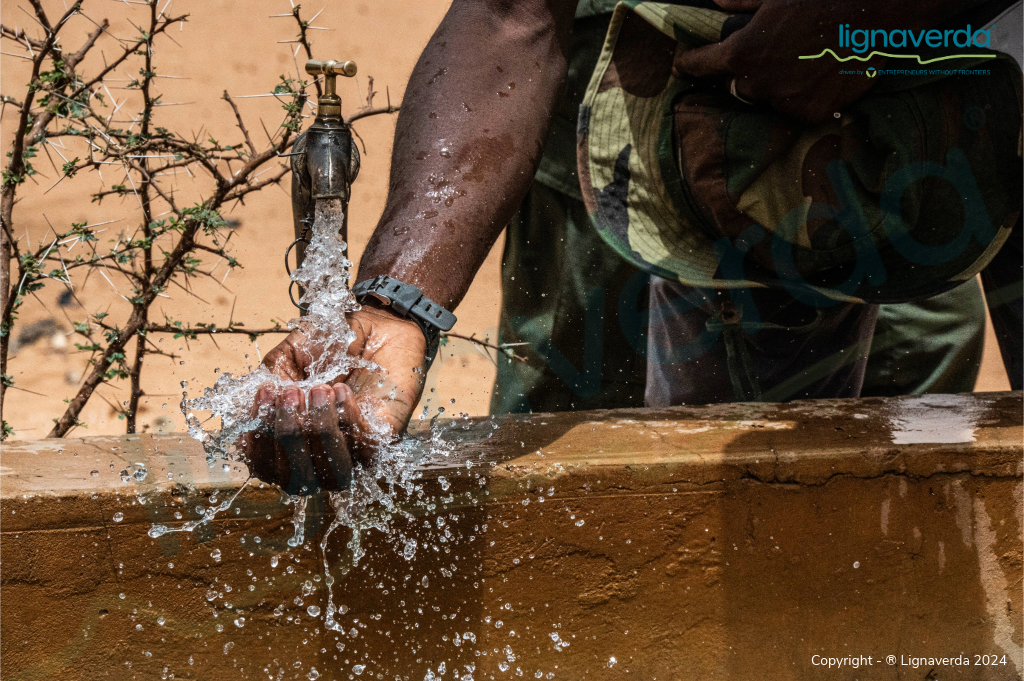
Benefits Beyond Temperature Regulation
The benefits of reforestation extend far beyond mere temperature regulation. Forest ecosystems play a crucial role in soil conservation, preventing erosion and preserving agricultural productivity. They also act as natural reservoirs, regulating water flow and mitigating the risk of floods and droughts. Furthermore, forests harbor a rich array of plant and animal species, contributing to biodiversity conservation. Perhaps most importantly, trees serve as powerful carbon sinks, sequestering atmospheric carbon dioxide and helping to mitigate the impacts of climate change.
Community Engagement and Empowerment
Central to the success of reforestation efforts is the active involvement of local communities. By empowering communities to take ownership of their natural resources, we can ensure the sustainability and resilience of restoration initiatives. Throughout West Africa, community-led reforestation projects have flourished, generating employment opportunities, enhancing food security, and fostering social cohesion. By fostering a sense of stewardship and responsibility, these initiatives not only restore forests but also nurture vibrant and resilient communities.

Lignaverda’s Impact
Lignaverda has successfully restored 1,525 hectares of degraded semi-arid land within Senegal’s Great Green Wall region in just a year. This impressive milestone was made possible through the concerted efforts of Lignaverda’s Senegalese team, working hand-in-hand with local communities and the Senegalese Great Green Wall Agency (ASERGMV). With a clear trajectory, Lignaverda aims to expand its impact by restoring a total of 6,422 hectares by the culmination of 2024. Notably, recent efforts have seen significant progress, including the reforestation of 600 hectares in Wendou Delby, 475 hectares in Diéry, 450 hectares in Gaydoum (located 80 kilometers east of Syer community), and preparations for ploughing and sowing on 550 hectares in Loumboul Djiby. Recognizing the broader landscape degradation across Senegal, particularly in protected forests, Lignaverda plans to extend its restoration initiatives to degraded protected forest areas in collaboration with the Directory of Water and Forests, Hunting & Soil Conservation (DEFCCS), beginning next year.
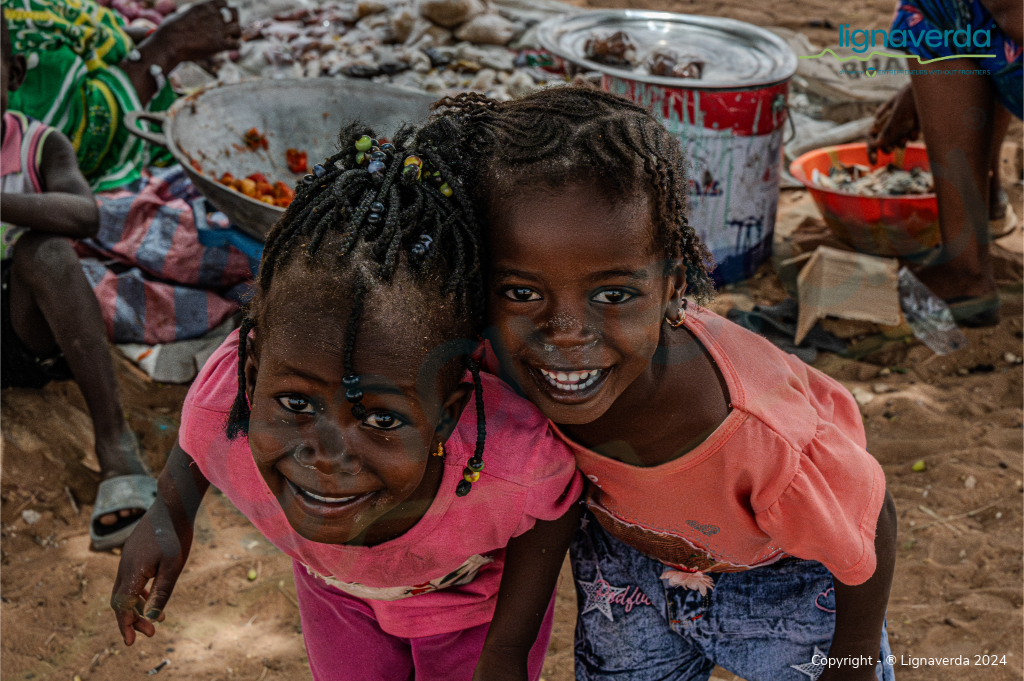
As heat records continue to be broken and as the impacts of climate change escalate, reforestation emerges as a beacon of hope in Senegal and beyond. By harnessing the power of nature-based solutions, we can cool down our planet and empower communities to thrive in the face of adversity.
If you would like to get involved, please contact: partnerships@lignaverda.org

